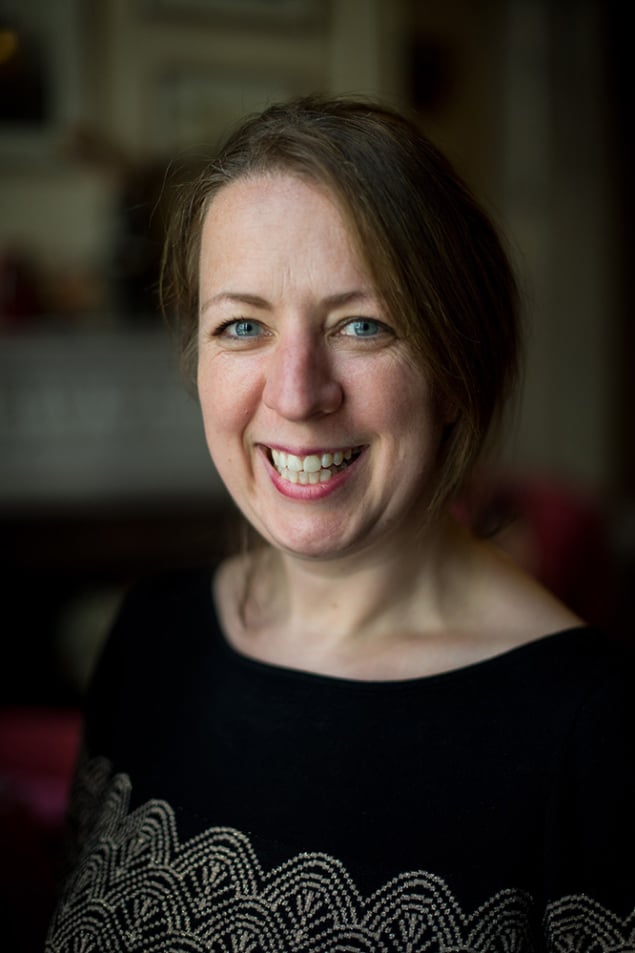Libby Jackson is human exploration programme manager at the UK Space Agency. Jackson is one of 10 physicists profiled in the March issue of Physics World to launch our new Ask Me Anything careers advice column

What skills do you use every day in your job?
I work every day with people in academia, industry, government and the public, so my communication skills are key – from writing briefing notes for ministers, to e-mailing news to academics who are active in the areas I support, through to speaking with journalists – and knowing how to pitch my message is very important. It is also vital that I have a decent grasp of the science concepts that I am engaging with – my physics degree and lifelong interest in STEM, with lots of popular-science reading have all helped.
Another key skill is fact-checking, knowing which sources and references to trust, a skill I honed from my days of having to write research papers. Leading a programme as part of the government, I have to manage budgets, collect evidence and write business cases, making the case for why public money should be spent and what benefits it will bring. I have to manage teams, resolve conflicts, spot incoming problems and put mitigating strategies in place.
What do you like best and least about your job?
The part I like the most is that I get to encourage and inspire others to see science and space as areas they can work in, whatever their interests and skills. Every day, I get to work in a field that I have been fascinated by since childhood, as I’ve managed to follow a career path that ended up fulfilling the mad, crazy and (seemingly) impossible goals I had as a teenager. But there are always pros and cons. In my current role, I sometimes find the timescales and bureaucracy of big international meetings challenging. It can take months or years to prepare and make decisions. I am someone who likes being active, and having spent several years working in mission control for the Columbus module on the International Space Station (ISS), where decisions can be made within minutes, I struggle with the slower pace. But in mission control I had to work shifts, and I really don’t ever enjoy being awake at 5 a.m.
What do you know today that you wish you knew when you were starting out in your career?
Things change and that is OK. Seek advice, consider your options, and then make the decision that is right for you, which may well not always be the same as conforming to expectation. And if, after careful consideration, you really can’t decide what to do, it probably doesn’t matter which way you leap, so pick a path and don’t look back. My physics degree taught me that I was never going to be a research physicist. I decided to drop out of the four-year MSci course, swap to a three-year BSc, and then do a different Master’s course. People thought I was crazy, and it cost me more money, but it was absolutely the right thing for me. Don’t be afraid to dream – keep that mad, crazy dream (which may change) in the distance somewhere. Just take each leap as it comes, and you’ll find the path for you. People are generally nice – if they offer you an opportunity it is because they think you can do it, not because they want you to fail. Grab it and run with it



